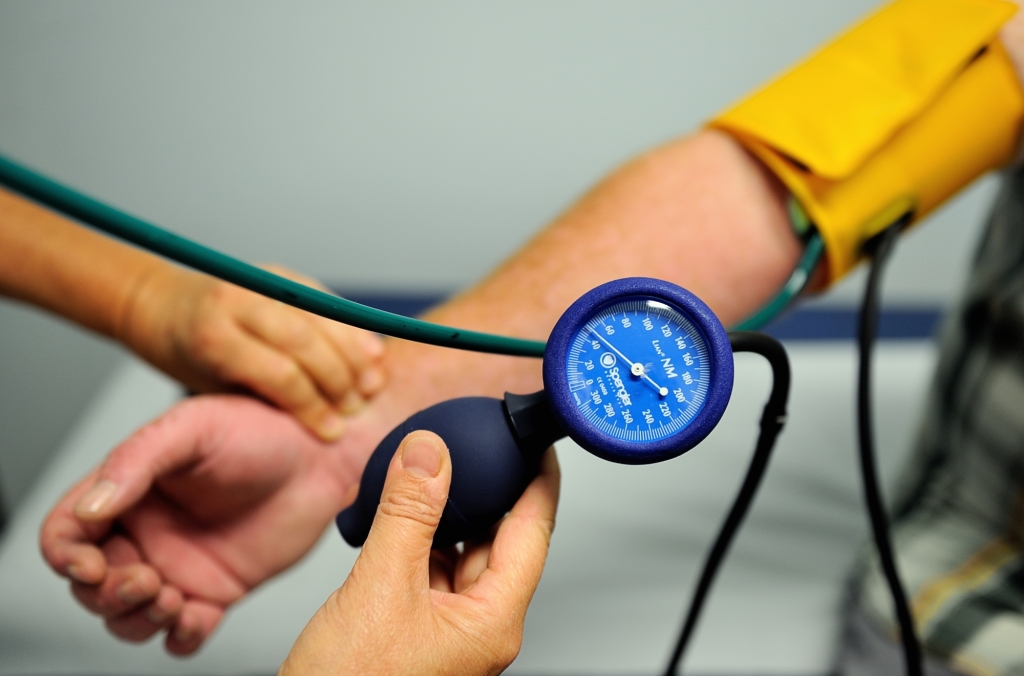
In this Mayo Clinic Minute, Dr. Rekha Mankad, a Mayo Clinic cardiologist, explains what may be putting LGBTQ+ adults at higher risk for cardiovascular disease and what can be done to lower their risk.
“The LGBTQI community is a marginalized group of individuals. And one of the first issues is the fact that they may not come to get regular health checks,” says Dr. Mankad.
When it comes to the prevention of cardiovascular disease, knowing your risk factors is critical.
Common heart disease risk factors include:
— High blood pressure
— High cholesterol
— Tobacco use
— Diabetes
— Physical inactivity
— Obesity
“Those are things that we talk about with everyone, but you have to come in to see a provider to talk about those risk factors,” says Dr. Mankad.
Around half of LGBTQ+ people say they’ve experienced discrimination in the healthcare environment, which is one factor making them less likely to see their doctor than their cisgender heterosexual peers.
“If you are anxious about coming to see a doctor, you’re not going to actually talk about the things that put you at risk for heart disease,” she says.
Dr. Mankad says additional stressors unique to marginalized groups can be a factor.
“There’s interpersonal stresses, such as self-stigma, and things related to concealment. And then they have things such as the prejudice that they’ve experienced, as well as potentially violence,” she says.
Stress can lead to other issues
“If you have increased stress, you may be more likely to be anxious or depressed. Additionally, you may be less likely to go and exercise because you feel uncomfortable in a locker room or changing room. These are some of the many factors that then can lead to a greater likelihood of developing those risk factors that we talked about that increase your risk of heart disease,” says Dr. Mankad.
Given these concerns, it is crucial for people within the LGBTQ+ community to be proactive about their heart health.
“I would tell the community, don’t hesitate to go see a provider, and talk to that provider openly. Let them know the things that you’re worried about for your overall health, and specifically your cardiovascular health, and really formulate a plan on what you can do to protect your heart in the long run,” says Dr. Mankad.
___
©2023 Mayo Clinic News Network. Visit newsnetwork.mayoclinic.org. Distributed by Tribune Content Agency, LLC.
𝗖𝗿𝗲𝗱𝗶𝘁𝘀, 𝗖𝗼𝗽𝘆𝗿𝗶𝗴𝗵𝘁 & 𝗖𝗼𝘂𝗿𝘁𝗲𝘀𝘆: www.mercurynews.com
𝗙𝗼𝗿 𝗮𝗻𝘆 𝗰𝗼𝗺𝗽𝗹𝗮𝗶𝗻𝘁𝘀 𝗿𝗲𝗴𝗮𝗿𝗱𝗶𝗻𝗴 𝗗𝗠𝗖𝗔,
𝗣𝗹𝗲𝗮𝘀𝗲 𝘀𝗲𝗻𝗱 𝘂𝘀 𝗮𝗻 𝗲𝗺𝗮𝗶𝗹 𝗮𝘁 dmca@enspirers.com


